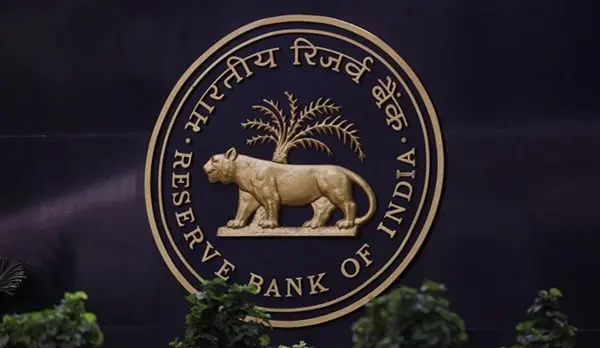RBI Unveils Relaxed Norms for Lender Alternative Financing

The Reserve Bank of India (RBI) has recently announced a significant relaxation in its regulations concerning alternative funding avenues for lenders, marking a positive shift in the financial landscape. Under the previous norms, banks and finance companies were required to make full provisions for their investments in Alternate Investment Funds (AIFs) if these funds chose to invest in a company to which the lender had extended loans.
However, with the revised guidelines, lenders will now need to provision only for the portion of their investment in the AIF scheme that’s latterly directed towards the debtor company. This adaptation brings relief to fiscal institutions, as they will no longer be burdened with the obligation to give for the entire investment in the AIF scheme, as was preliminarily commanded.
Furthermore, the RBI’s revised norms do not impact investments made by lenders in AIFs through intermediaries such as funds of funds or mutual funds, providing them with additional flexibility and avenues for diversification.
This move by the RBI comes in the wake of its earlier directive issued in December 2023, which required banks to fully provision for investments in AIFs that subsequently invested in companies to which the banks had extended credit. The intent behind these rules was to curb ‘evergreening,’ a practice wherein lenders extend additional funds to borrowers to facilitate the repayment of existing loans and avoid classifying them as non-performing assets.
Commenting on the development, Siddarth Pai, co-chair of the Indian Venture and Alternate Capital Association, highlighted certain nuances regarding the exclusion of equity shares from the definition of downstream investments. He pointed out that while this exclusion applies to investments in listed companies, it fails to address investments in private equity and venture capital in the form of compulsory convertible instruments like CCPS and CCDs.
Overall, the RBI’s relaxation of regulations about alternative funding options for lenders is expected to stimulate investment activity and foster a more conducive environment for financial institutions to navigate the evolving dynamics of the market.

Meet Suhas Harshe, a financial advisor committed to assisting people and businesses in confidently understanding and managing the complexities of the financial world. Suhas has shared his knowledge on various topics like business, investment strategies, optimizing taxes, and promoting financial well-being through articles in InvestmentDose.com


